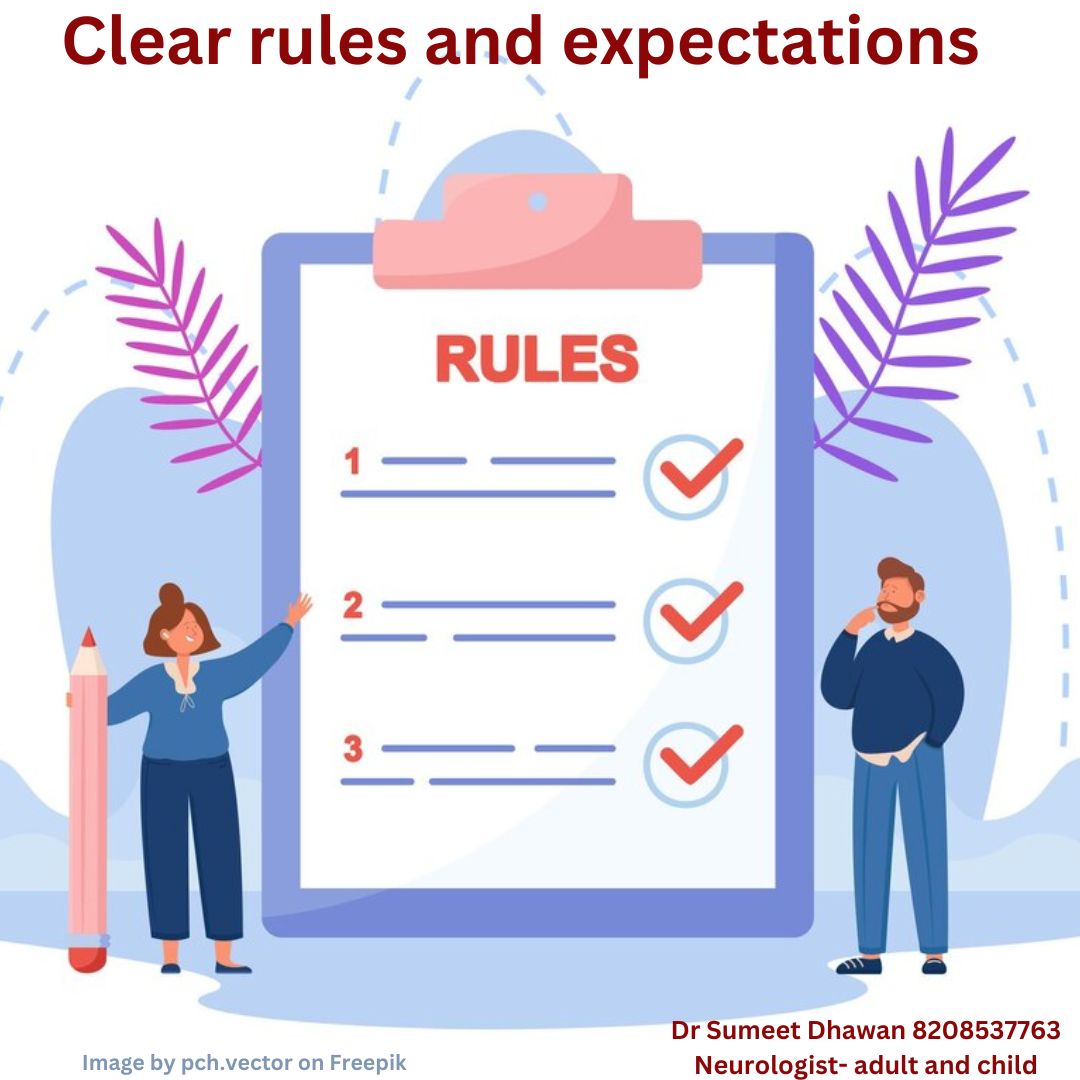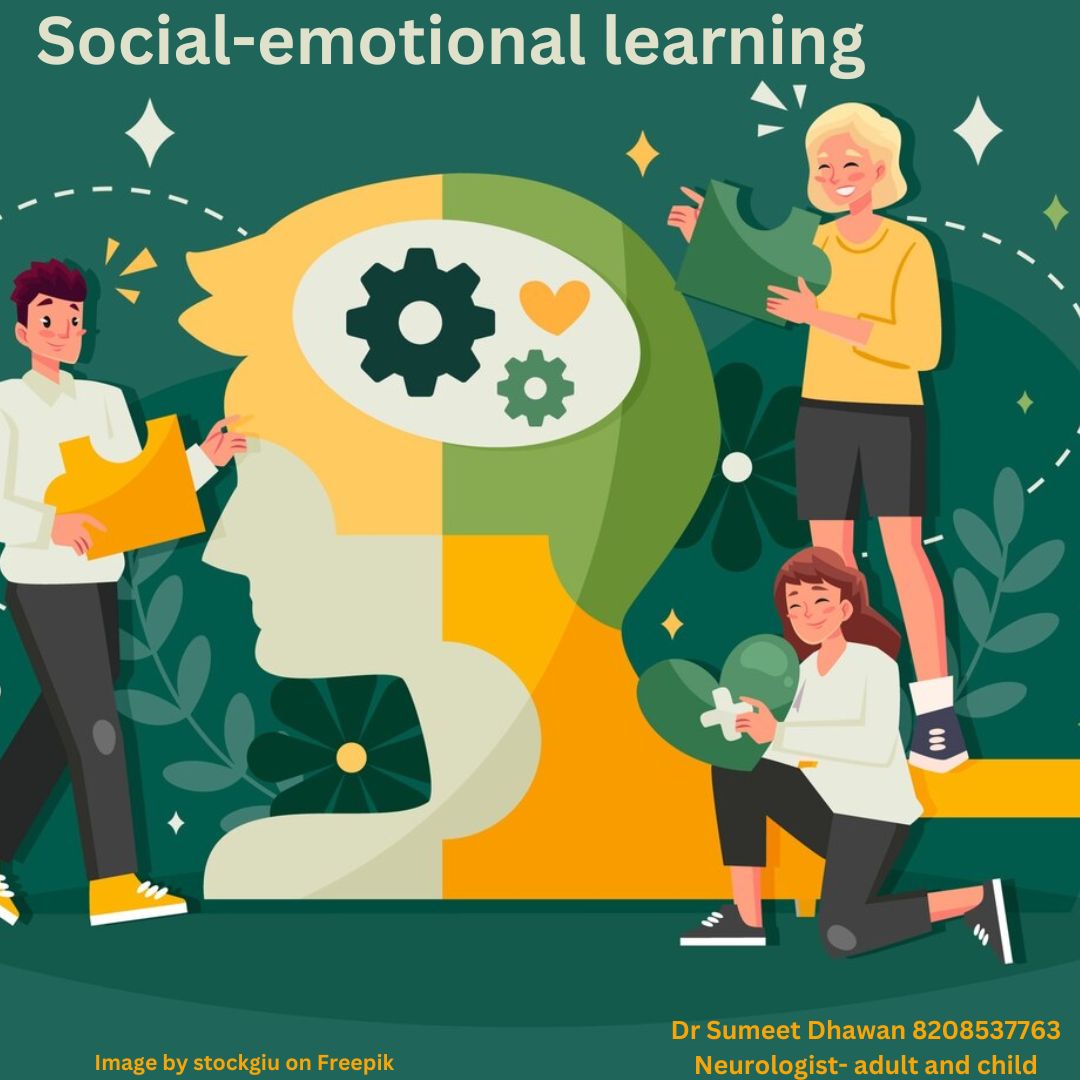For educators and administrators, navigating the challenges of Oppositional Defiant Disorder (ODD) in the school discipline system can be complex. Understanding the unique needs of children with ODD, implementing effective strategies, and collaborating with families are crucial for promoting positive learning environments and fostering student success.
Understanding ODD and its Impact on School Behavior:
- Key symptoms: Children with ODD may exhibit frequent defiance, arguing, anger, negativity, and difficulty following rules. They may struggle to control impulsivity and frustration, leading to disruptive behavior in the classroom.
- Academic impact: ODD can negatively impact academic performance, social interactions, and overall well-being in school. Children may struggle with focus, completing tasks, and building positive relationships with peers and teachers.
- Disciplinary challenges: Traditional disciplinary approaches like suspensions or detentions might not be effective for children with ODD and may even exacerbate their symptoms.
Effective Strategies for Addressing Disruptive Behavior:
- Positive reinforcement: Focus on praising and rewarding positive choices, effort, and cooperation. This incentivizes good behavior and motivates children to continue making positive choices.
- Clear rules and expectations: Establish clear and consistent rules and expectations for classroom behavior. Define consequences for rule-breaking and ensure clear communication of these consequences to children and their families.

- Individualized behavior plans: Develop individualized behavior plans (IBPs) in collaboration with parents, teachers, and specialists. These plans should outline specific strategies and interventions tailored to the child’s unique needs and challenges.
- Positive communication: Employ positive communication techniques like “I” statements and active listening. These approaches foster understanding and trust, allowing children to feel heard and supported.
- Collaborative problem-solving: When addressing disruptive behavior, involve the child in collaborative problem-solving. This empowers them to take responsibility and develop solutions for managing their behavior.

- De-escalation techniques: Equip teachers with effective de-escalation techniques to address challenging situations calmly and avoid escalating conflicts. This can prevent further disruptions and promote a safer environment.

- Social-emotional learning: Integrate social-emotional learning programs into the curriculum. These programs teach children essential skills for managing emotions, resolving conflict, and building healthy relationships.

- Collaboration with families: Maintain open communication and collaboration with parents and caregivers. Share concerns, strategies, and progress updates regularly to ensure a consistent and supportive approach across home and school.

Additional Considerations:
- Early intervention: Identifying and addressing ODD early can significantly improve outcomes and prevent long-term challenges.
- Professional support: Consider seeking professional support from school psychologists, counselors, or behavior specialists. They can provide valuable guidance and resources for implementing effective interventions.
- Flexibility and adaptability: Be open to adapting and adjusting strategies based on the child’s individual needs and progress.
By implementing these strategies and fostering a supportive school environment, educators can effectively address disruptive behavior in children with ODD. This collaborative approach, combined with early intervention and professional support, can empower children with ODD to thrive in the school environment and achieve their full potential.